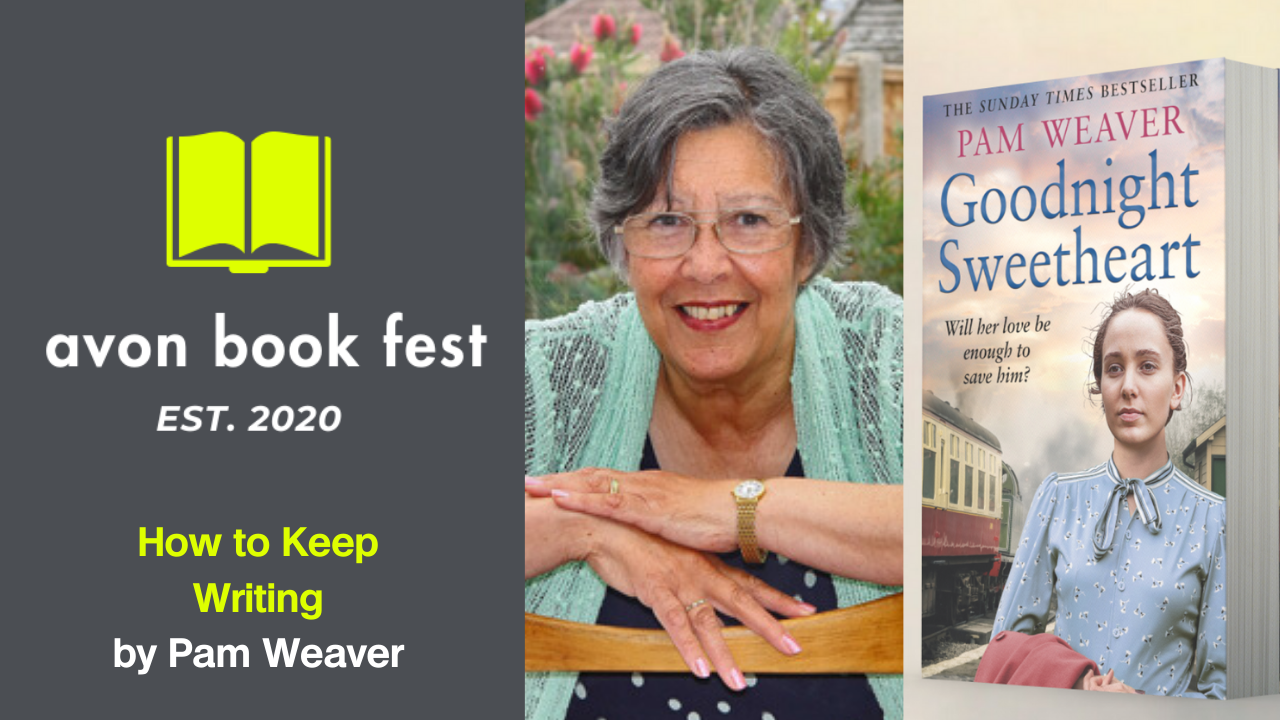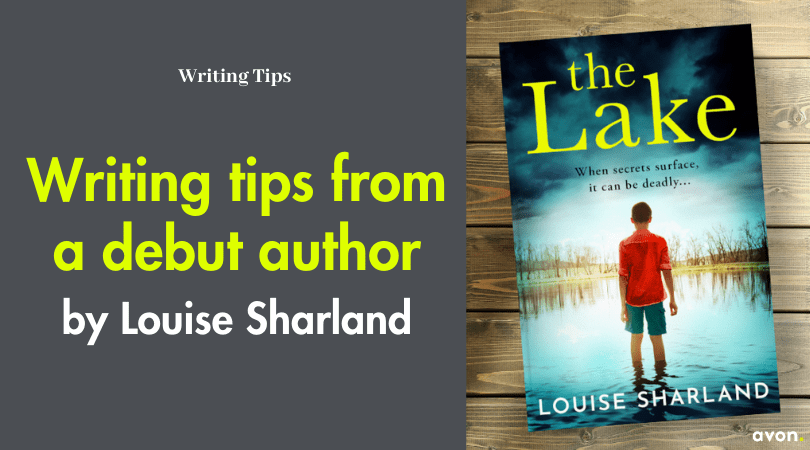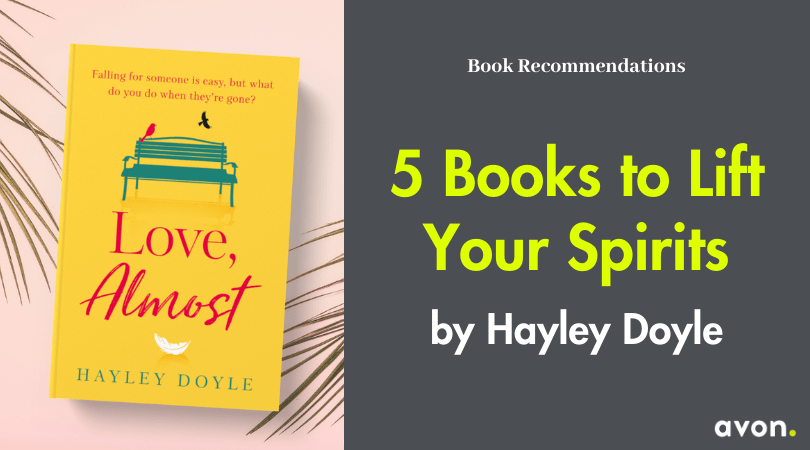Read.
It took me a while to realise that there are two ways to read a book. One is for enjoyment and the other is as a means to learn.
Study a story you’ve enjoyed – how did the author structure the plot, develop the characters, and keep you wanting to turn the page? Look for the seamless way in which the clues were dropped into the story.
Use your imagination.
Get to know your main characters inside out. Some authors write notes detailing their appearances, likes, dislikes, and personal background. You may not use all the information you set down, but it is a crucial step in planning your story. I’m too impatient to get on with the story to do that, but I still have to know my characters inside out.
Set yourself a target.
Try to write every day. You may ditch 499 of 500 words you’ve written tomorrow, but you will still be moving forward. I read Mary-Higgins- Clark’s biography and she wrote her first book as a widow, with four children and a full time job. All she had was about an hour at six in the morning. It took her about three years to do it, but she did. I remember thinking, I have no excuse!
Get support.
Get with other writers. Join a club or set up a group of your own to critic your work. Over the years I have gained a lot of help from other writers for which I am eternally grateful. Also, it helps you be disciplined if you have to produce something for your group once a week or every fortnight.
Learn to accept rejection.
I wrote five books before I got one published. Most writers do. My books have never been published but I don’t consider them a waste of time. They were my half marathon, my target practise and gym. Have faith, and believe that with each piece of work you are getting better.
Don’t be too precious about your work.
People will say things you might not want to hear but take it on the chin and keep going. Ask someone to be your encourager, so that when the dark days come, and they will, you have someone who will help you to keep going. My encourager is my husband. In 2000 I almost jacked it in. It was only him saying, ‘go on, keep going, don’t give up now,’ that kept me at the computer.
Use a notebook.
Jot down your ideas as soon as you think of them. I can’t tell you the number of times a thought comes to me and I think, ‘That’s a brilliant idea. I’ll remember that,’ but I don’t! Hang it all, that could have been my million best seller. Keep a note book in your bag, man bag, back pocket and jot ideas down as soon as you get them.
Get the words on the page.
Don’t spend hours and hours writing and re-writing the first chapter. Don’t worry about grammar, spelling or if you’ve got it absolutely right. Get the book written first and then go back to sort it out. There are loads of people out there with a brilliant first chapter and nothing more.
Job done.
When you’ve finished your work, leave it for a while before you go back to it. It will help you look at your work more critically and objectively which will only make your book all the better.
Next please.
As soon as you’ve sent out your work, get on with the next project.



